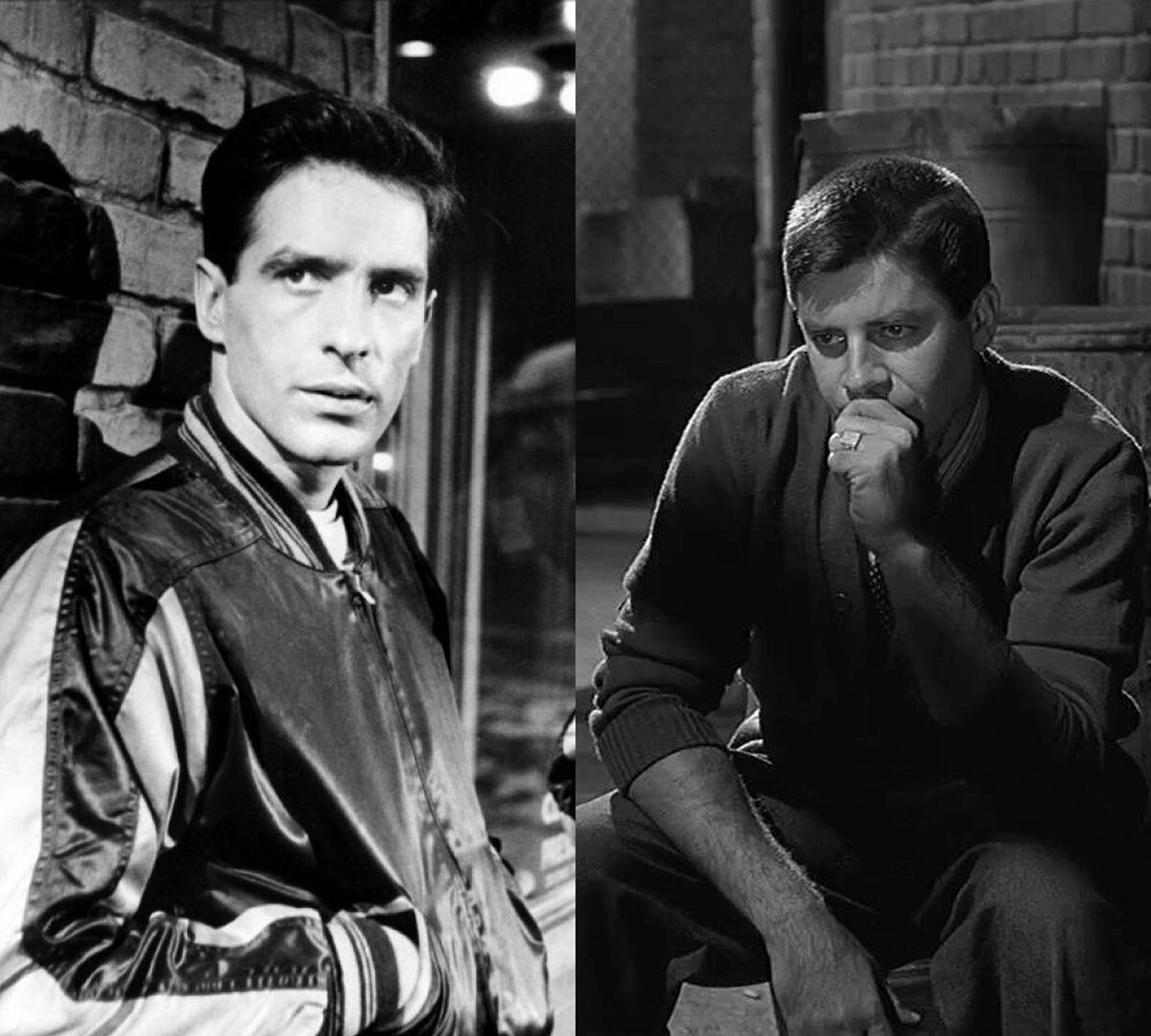Double Feature: Be Your Own Knight in Shining Armor (Catherine Called Birdy & I Capture the Castle)
Growing up I felt I rarely recognized myself in teen movies; this unending parade of fancy suburbs, personal cars, perfect hair, large lockers, ‘serious’ relationships, rah-rah school spirit. Never mind that the last thing I ever wanted to be as a teenager was… a teenager. How was it all of these movie and TV kids were so comfortable in their little cliquish worlds?! Obviously as you grow older you realize that movies and TV are not, in fact, direct reflections of society but these were popular movies – never mind that all of those ‘confident teens’ you did know weren’t actually nearly as confident as you thought they were at the time. But something had to be ringing true for kids for these movies to continually get made, whether they were simply aspirational how-to guides or genuinely reflective of real world experiences.
All of this to say, when I do see a teen movie with a strong female protagonist who is openly wrestling with her place in society and doesn’t know all of the answers, I’m much more inclined to give it a chance. More so the better when it’s actually set in a fantasy-like world, whether that’s back in medival times or a secret world of their own imagination. In my latest double feature I’m focusing on two film adaptations of beloved YA novels; the first about the actual 13th-century and the second about a girl in the 1930s living in a crumbling 13th century Castle.
Catherine Called Birdy (2022)
Lady Catherine (Bella Ramsey) lives a charmed castle-bound life in 13th century Lincolnshire. That is, until her father Lord Rollo (Andrew Scott) realizes he’s bankrupted the family by catering to their whims and extravagances. Their money had come from her mother, Lady Aislinn (Billie Piper), but she’s been so focused on making another sibling for Catherine and her brothers that she hasn’t exactly checked the family bank account. Thus, we follow young Birdy as she goes about her teen life – running around the grounds , scrapping about with boys and animals, trying her best to become a hero like her handsome Uncle George (Joe Alwyn), and breaking all of the reasonable rules her beloved servant Morwenna (Lesley Sharp) attempts to lay down for her. Everything comes to a head when her father realizes that the only way out of poverty for her family would be to marry off his young daughter to whoever offers the most riches – their age and appearance be damned.
While I’ve never been a Lena Dunham hater, I can’t say I’ve much liked her work either, so count me surprised when I found Catherine Called Birdy to be such a breath of fresh air. Turns out Dunham’s patented lack of self awareness and impulsive immaturity is charming when it’s channeled through an actual teenager. Bella Ramsey’s innocence pairs well with Dunham’s patented frankness, building up a necessary good will and empathy towards Catherine as it navigates delicate relationships or confusing crushes. The film is particularly deft at using humorous juxtapositions to gently examine Catherine’s more unflattering characteristics – one memorable instance being when Catherine rather backhandedly proposes to her lowbrow goathearder friend Perkin (Michael Woolfitt) in a fit of desperation, only to be flatly rejected.
What Catherine Called Birdy does best is portray a universal truth that not everybody gets to become the hero of their own story. Specifically, that young girls’ youthful freedom tends to last only as long as others deem them to be nonsexual entities. The panic Catherine experiences as it dawns on her that entering “womanhood” means the destruction of her perfect childhood world is the heart of the tragedy at hand. While Catherine’s newfound maturity is portrayed as a triumphant evolution, she rejects a life of self-serving desire for the selfless love of those around her, it also feels a bit disappointingly conformist – accepting a traditionally female space as part of the support structure. Whether or not that’s the happiest possible ending is ambiguous, but at least she doesn’t entirely lose her spark.
I Capture The Castle (2003)
Cassandra Mortmain (Romola Garai) lives in a dilapidated English castle with her beloved older sister Rose (Rose Byrne), her eccentric shut-in father James (Bill Nighy), their artsy ex-model step mother Topaz (Tara Fitzgerald) and a young farm hand Stephen (Henry Cavill). Stuck in a hand-to-mouth cycle of poverty and bored out of her mind, Cassandra starts a journal to keep track of her daily life and struggles – detailing her hopes and dreams for her and her family, especially that her father will cure his writers block and get back to supporting the household.
When two young men show up on their doorstep, their landlord Simon Cotton (Henry Thomas) and his American cousin Neil (Marc Blucas), it seems like Cassandra’s prayers have been answered. Their wealthy mother takes an interest in supporting James’ writing, while Rose is dead set on making one of these dashing young men fall in love with her. The only thing that seems to get in the way is Cassandra’s own confusing emotions and budding romantic desires as these interlopers force her out of her bubble and into a much less predictable world of adulthood.
I Capture The Castle is a surprisingly solid adaptation of the novel, if not a bit oversimplifed for the teen viewer. What starts out as a slightly eccentric love triangle of misplaced desire, twists and turns into something slightly shocking and then settles into a genuinely affecting conclusion. Cassandra fancies herself above it all, seemingly self aware and self content, but as her own understanding of the world begins to change and evolve, a surprising amount of unseen depth is exposed for our host of characters. Rose’s seemingly shallow desperation for a husband soon starts to feel more like a selfless sacrifice in the name of economic stability – especially compared to Cassandra’s naively jealous pursuits as she finds herself in a one-sided competition for the love of the same man. Similarly, the evolution of Stephen from lovesick puppy dog to an aromantic paramour feels scandalous and yet completely understandable in the wake of Cassandra breaking his heart.
Like the previous film, I Capture The Castle is about the end of childhood fantasies and the slow awakening of a much colder, complex and confusing adulthood. The gleam of a storybook romance laid bare as a string of disappointments passed on by one person to the next; the dim of the glow after the magic of the first kiss has faded. Love is complex as hell when it’s not full on breaking your heart and, like Stephen, Cassandra has to learn the hard way. But unlike Birdy, Cassandra’s awakening comes in the form of discovering a greater love for not only her family but herself – she rejects the traditional path to forge her own, embracing ambiguity with a sense of optimism.








